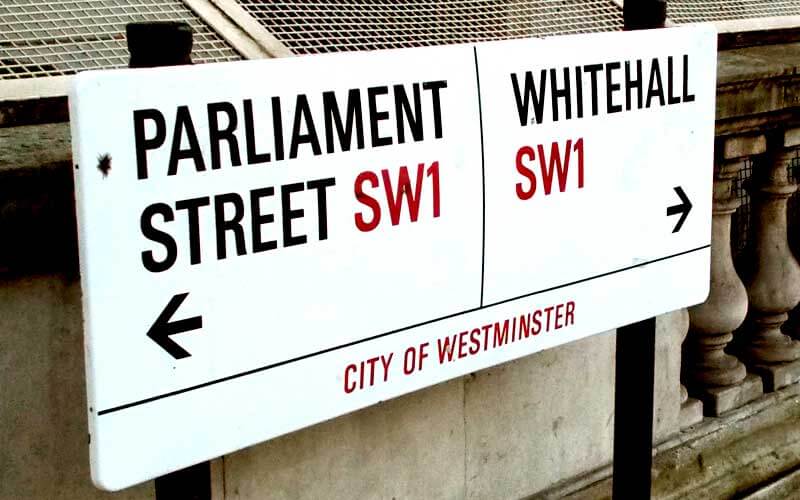The government has launched a long-awaited consultation on a new system of safeguards that aim to protect service-users who are considered unable to consent to restrictions placed on their liberty through their care and support.
The new Liberty Protection Safeguards (LPS) will replace the current “bureaucratic” and “too complex” Deprivation of Liberty Safeguards, and they will apply in any setting in England and Wales.
The 16-week consultation – launched by the Department of Health and Social Care (DHSC) and the Ministry of Justice – will seek views on the LPS regulations, and on changes to the Mental Capacity Act code of practice.
It is the first revision of the code of practice since it was published in 2007.
In the consultation document, care minister Gillian Keegan says LPS is “designed to be a simpler, more streamlined system which puts the person being deprived of liberty at the heart of the decision-making process”.
Among the protections provided by the new LPS system, ministers say, will be an “explicit duty” to consult with the disabled person and those interested in their welfare to discover their wishes and feelings about proposed restrictions.
LPS will also extend protection to 16 and 17-year-olds and to service-users in any care setting, and they will reduce the number of assessments needed to make decisions on restrictions on liberty.
In a draft equalities impact assessment of the introduction of LPS, DHSC says LPS “aims to ensure that the process is fairer and more consistently applied so that everyone who is entitled to safeguards can access them”.
“This should improve equality in the way that everyone is processed within the system, limiting victimisation, harassment, and discrimination,” it says.
Under the current DoLS system, many people are not having their right to liberty safeguarded – under article five of the European Convention on Human Rights – for “significant periods of time, or in some cases at all” because of the backlog of cases awaiting authorisation, says DHSC.
The impact assessment also argues that LPS will increase the equality of opportunity for disabled people receiving support in the community, because their rights will now be upheld via LPS rather than having to face the “potential burden of process and stress” of having to go through the Court of Protection, as they do under the current system.
The LPS system was originally introduced through the Mental Capacity (Amendment) Act 2019, but its implementation has twice been delayed by ministers.
DHSC was criticised throughout the act’s progress through parliament for its failure to consult with disabled people and their organisations over its contents.
The government had originally planned to implement LPS in October 2020, and then delayed implementation until 1 April 2022 because of the pandemic, but Keegan told MPs that a new date would now be set after the consultation, which ends on 7 July.
A note from the editor:
Please consider making a voluntary financial contribution to support the work of DNS and allow it to continue producing independent, carefully-researched news stories that focus on the lives and rights of disabled people and their user-led organisations.
Please do not contribute if you cannot afford to do so, and please note that DNS is not a charity. It is run and owned by disabled journalist John Pring and has been from its launch in April 2009.
Thank you for anything you can do to support the work of DNS…

 Reports send separate warning shots to English and Scottish governments on social care reform
Reports send separate warning shots to English and Scottish governments on social care reform Ministers could face legal action over ‘homes not hospitals’ failure after treating activists ‘with utter contempt’
Ministers could face legal action over ‘homes not hospitals’ failure after treating activists ‘with utter contempt’ Protest brings anger at failure to act on ‘homes not hospitals’ plea to government’s front door
Protest brings anger at failure to act on ‘homes not hospitals’ plea to government’s front door